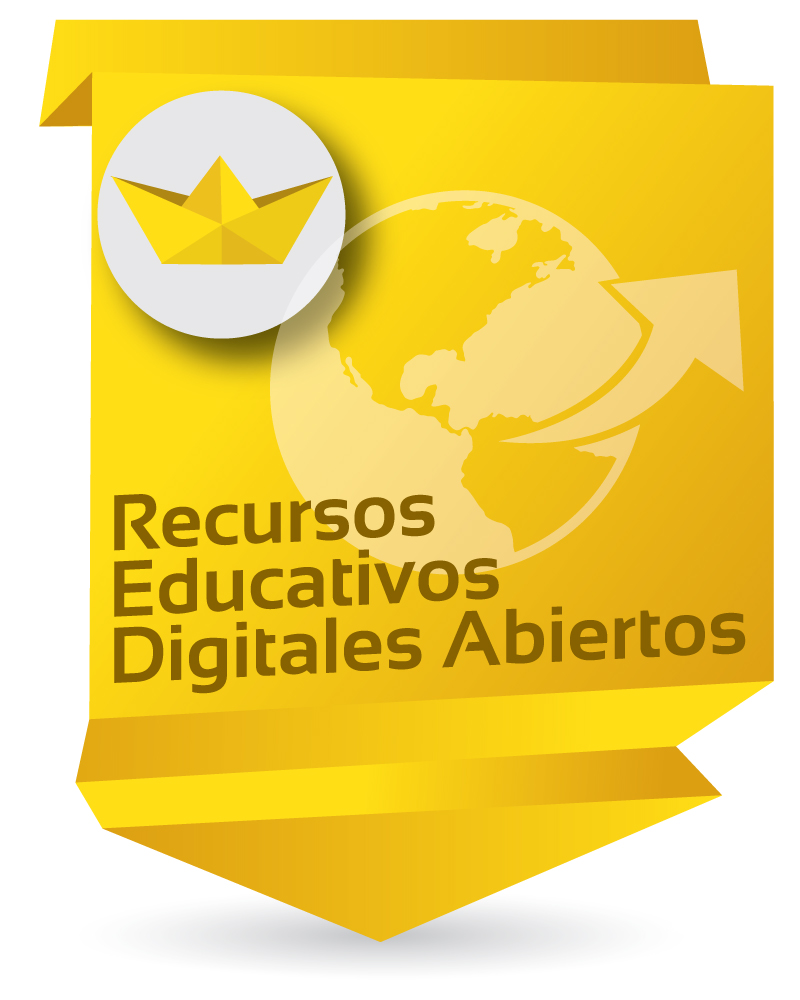Defining a competency framework: the first step toward competency-based medical education

Enlaces del Item
URI: http://hdl.handle.net/10818/32990Visitar enlace: https://www.ncbi.nlm.nih.gov/p ...
Visitar enlace: http://acta.tums.ac.ir/index.p ...
ISSN: 1735-9694
Compartir
Estadísticas
Ver Estadísticas de usoMétricas
Catalogación bibliográfica
Mostrar el registro completo del ítemAutor/es
Mirzazadeh, Azim; Mortaz Hejri, Sara; Jalili, Mohammad; Asghari, Fariba; Labaf, Ali; Sedaghat Siyahkal, Mojtaba; Afshari, Ali; Saleh, NargesFecha
2014Resumen
Despite the existence of a large variety of competency frameworks for medical graduates, there is no agreement on a single set of outcomes. Different countries have attempted to define their own set of competencies to respond to their local situations. This article reports the process of developing medical graduates' competency framework as the first step in the curriculum reform in Tehran University of Medical Sciences (TUMS). A participatory approach was applied to develop a competency framework in Tehran University of Medical Sciences (TUMS). Following literature review, nominal group meetings with students and faculty members were held to generate the initial list of expectations, and 9 domains was proposed. Then, domains were reviewed, and one of the domains was removed. The competency framework was sent to Curriculum Reform Committee for consideration and approval, where it was decided to distribute electronic and paper forms among all faculty members and ask them for their comments. Following incorporating some of the modifications, the document was approved by the committee. The TUMS competency framework consists of 8 domains: Clinical skills; Communication skills; Patient management; Health promotion and disease prevention; Personal development; Professionalism, medical ethics and law; Decision making, reasoning and problem-solving; and Health system and the corresponding role of physicians. Development of a competency framework through a participatory approach was the first step towards curriculum reform in TUMS, aligned with local needs and conditions. The lessons learned through the process may be useful for similar projects in the future.
Lugar
Tehrán
Colecciones a las que pertenece
- Módulo 1b [10]

















